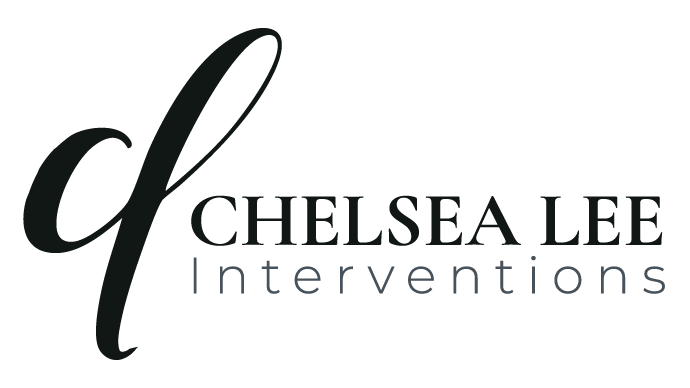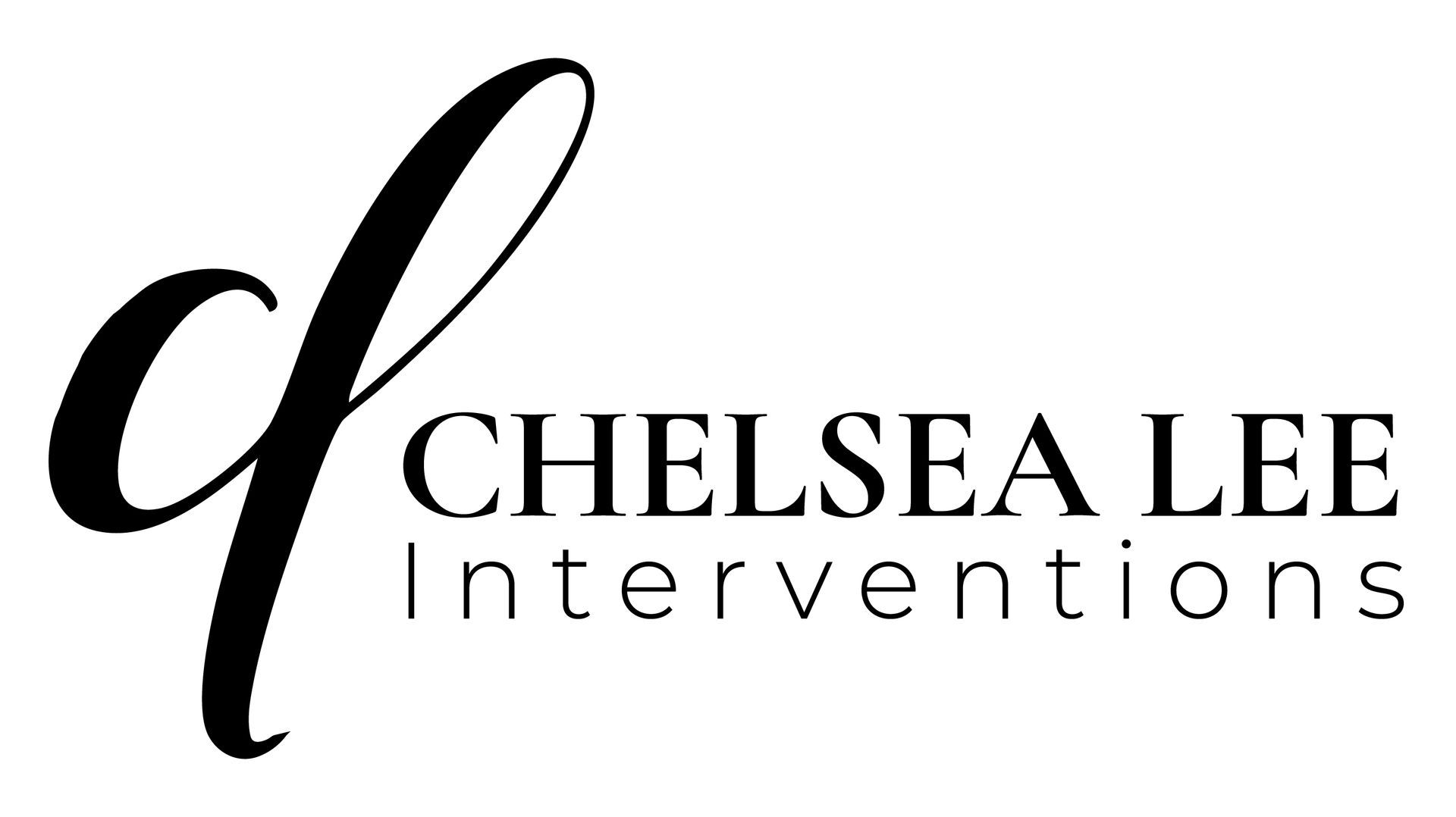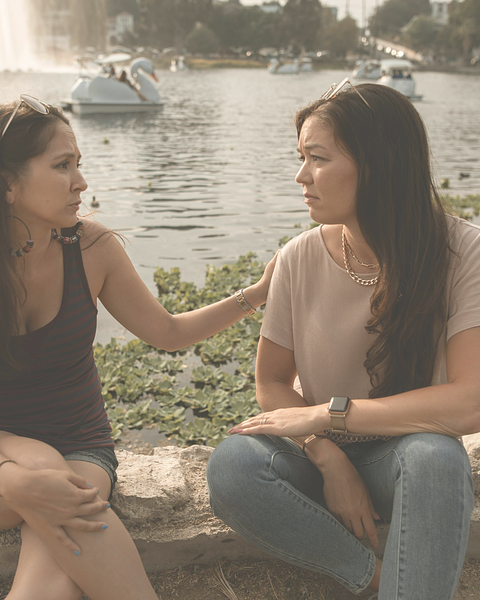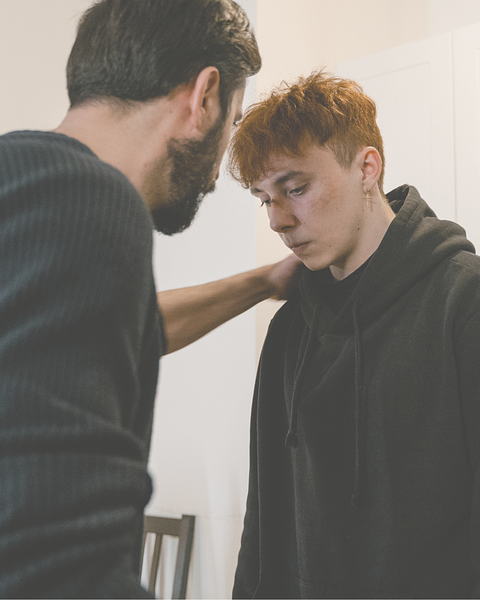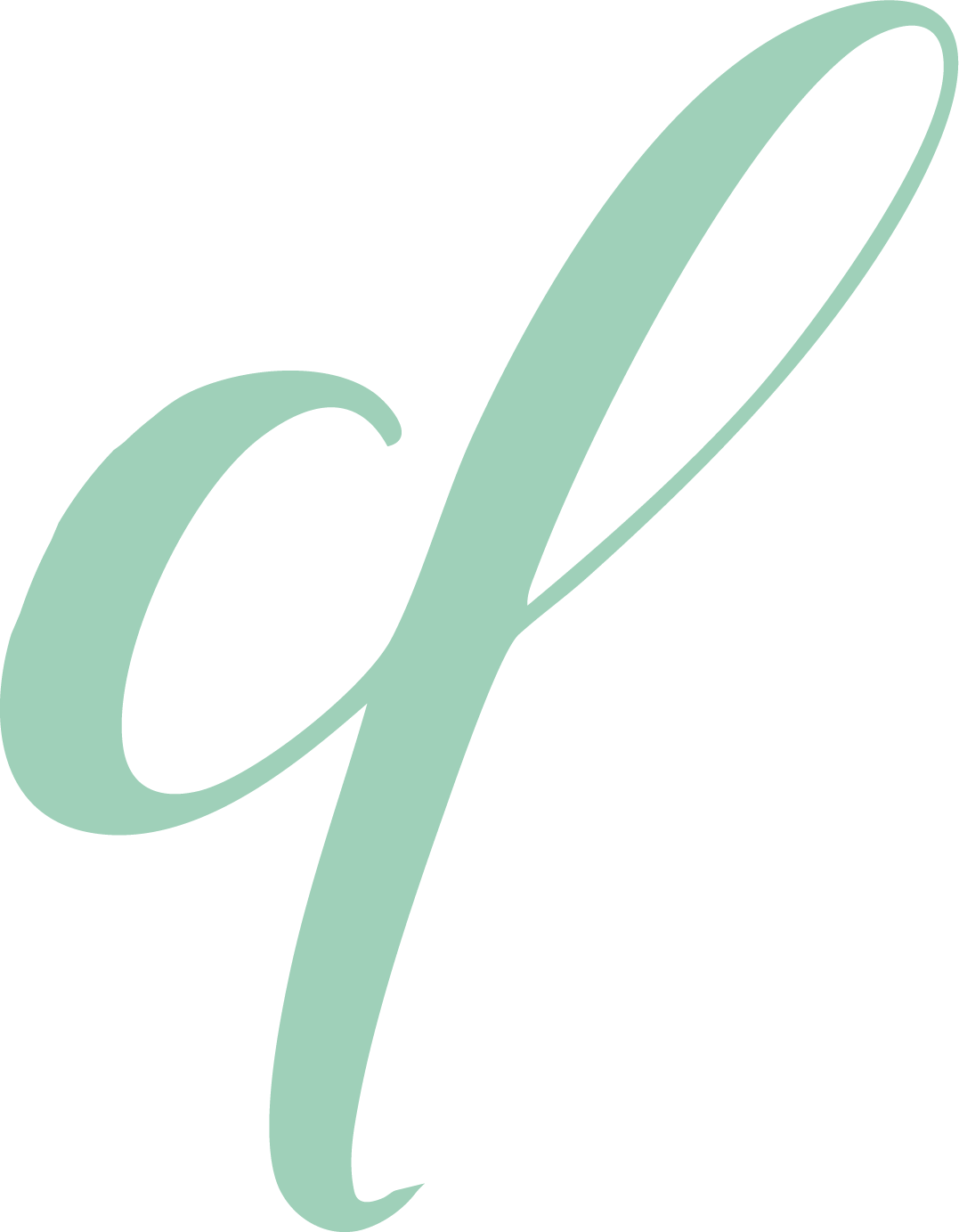Resources & Support
Whether you're just beginning to understand addiction's impact on your family or you're deep into the recovery journey, this space offers guidance, insights, and answers to help you feel more informed and empowered.
What Families Ask When They’re Unsure Where to Turn
Common Questions About Intervention and Family Support
How do I know if my family needs professional intervention support?
If your loved one's substance use or mental health is causing problems in relationships, work, health, or legal situations, and they continue despite negative consequences, professional assessment may be helpful. The fact that you're asking this question suggests the situation is serious enough to warrant consultation.
Will an intervention make my loved one angry and push them away?
When conducted professionally with love and preparation, interventions typically improve relationships rather than damage them. Your loved one may feel surprised or initially resistant, but most people later express gratitude for their family's courage to take action.
What if my loved one has been to treatment before and it didn't work?
Previous treatment experiences don't predict future success, especially when families receive proper support and intervention planning. Each attempt builds motivation, and professional guidance can help identify why previous treatments weren't effective.
How much does intervention and case management cost?
I provide detailed fee information during our free consultation based on your specific needs and situation. Investment in professional support often saves families significant money by connecting with appropriate treatment options the first time.
Do you work with families when the addicted person lives out of province?
Yes, I travel across Canada for interventions and provide virtual case management support. Many families find that professional coordination is especially valuable when their loved one is receiving treatment far from home.
What happens if my loved one refuses treatment even after intervention?
If treatment isn't accepted immediately, your family gains tools for maintaining healthy boundaries while staying prepared for future opportunities. Many people accept help weeks or months after intervention as consequences continue and family dynamics change.
How soon can we schedule an intervention consultation?
Free consultations are typically available within 24-48 hours. If your situation involves immediate safety concerns, I prioritize urgent assessments and can often provide same-day guidance.
Do you accept insurance for family counselling services?
Many extended health plans cover counselling services. I provide receipts for insurance submission and can discuss payment options during our consultation to ensure cost doesn't prevent your family from getting needed support.
What if other family members don't agree with getting professional help?
It's common for families to have different opinions about intervention. Part of the preparation process involves helping family members understand the approach and addressing concerns that might prevent unified action.
What if my loved one doesn't believe they have a problem?
Denial is a common part of addiction and mental health struggles. While you can't force someone to see the issue, you can take supportive, informed steps that may help shift their perspective. I work with families to navigate these situations and respond in ways that are both compassionate and effective.
Crisis Support Resources
Need Help Now?
If you are in an emergency, or feel that you or someone else is at risk of harm, please contact someone immediately by calling 9-1-1.
- Crisis Services Canada (24/7):
1-833-456-4566 or text 45645
- BC Mental Health Support Line:
310-6789 (no area code needed)
- Kids Help Phone (youth and families):
1-800-668-6868 or text CONNECT to 686868
Family & Peer Support (Canada-Wide)
Support Communities & Groups
These free and confidential groups are for families and friends of those struggling with addiction, mental health, or behavioural issues. Many offer both in-person and virtual meetings across Canada.
Al-Anon Family Groups Canada: Support for people affected by someone else's drinking. Canada site:
Nar-Anon Canada: For those affected by someone else's drug use. Canadian meetings: nar-anon.org/find-a-meeting
Canadian Mental Health Association (CMHA): Offers programs, peer support, and mental health education across Canada. Website: www.cmha.ca
SMART Recovery Family & Friends: Non-12-step program offering tools based in CBT and motivational interviewing. Website: www.smartrecovery.org/family (Online meetings available to Canadians)
Families Anonymous (FA): 12-step fellowship for families of loved ones with drug, alcohol, or behavioural issues. Website: www.familiesanonymous.org (Virtual meetings accessible from Canada)
Recommended Books
Healing Through Reading
Curated for insight, connection, and clarity - these books support both personal growth and family healing:
For Families & Loved Ones:
- Beyond Addiction: How Science and Kindness Help People Change - Jeffrey Foote, PhD
- The Daring Way™ - Brené Brown (on shame, boundaries, and resilience)
- Beautiful Boy - David Sheff (memoir of a father's experience with his son's addiction)
- Codependent No More - Melody Beattie (classic guide for families and loved ones)
- When the Body Says No - Dr. Gabor Maté (connection between trauma, stress, and illness)
For Those in Early Recovery or Reflection:
In the Realm of Hungry Ghosts - Dr. Gabor Maté
Helpful Podcasts
Insightful, real, and often healing - these podcasts explore addiction, recovery, trauma, and mental wellness:
The Addicted Mind
Addiction, treatment, mental health, and recovery
Unlocking Us
Brené Brown's podcast on vulnerability, shame, and resilience
Informational Blogs
Every family's situation is unique, and it's completely normal to have questions about whether professional support is right for your circumstances. You're welcome to reach out even if you're just exploring options.
